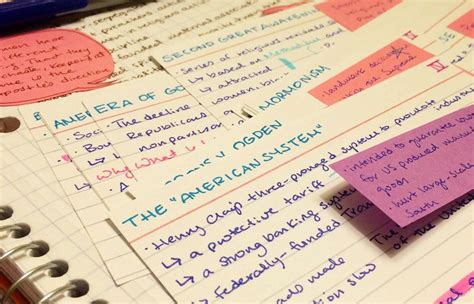
Question 1:
Look at the pictures above:
- How many of these emotions can you recognise?
(Please read on for answers)
After yet another longer-than-planned break, thanks for returning for our twentieth session. Today we are doing a follow-up to our topic from last time, looking at an aspect that we did not explore in enough detail then. In our tour of psychology, we are visiting Iran during the Abbasid Caliphate, to look at the psychological advice of one of the Middle Age’s most celebrated doctors. Before you lie down, please take a close look at the couch and see if you can see any faces in the creases in the leather. Please make a list of the emotions they are expressing and then we will begin.
In session nineteen, I laid out why I believe that theme is the keystone of storytelling. This was not the first (session 2) or even the most recent (session 11) time we have looked at theme, but I always seem to find something else I need to say about it, no matter how comprehensive I have tried to be. (This is evidence of how important theme is, and not evidence that I’m absent-minded). In this case, I have explained in previous sessions what theme is, how it works and why it is important, but I have realised since last time that I have never covered what makes theme work well, and – more importantly – badly. Today we are going to rectify this, beginning with the pictures in Question 1.
Continue reading







